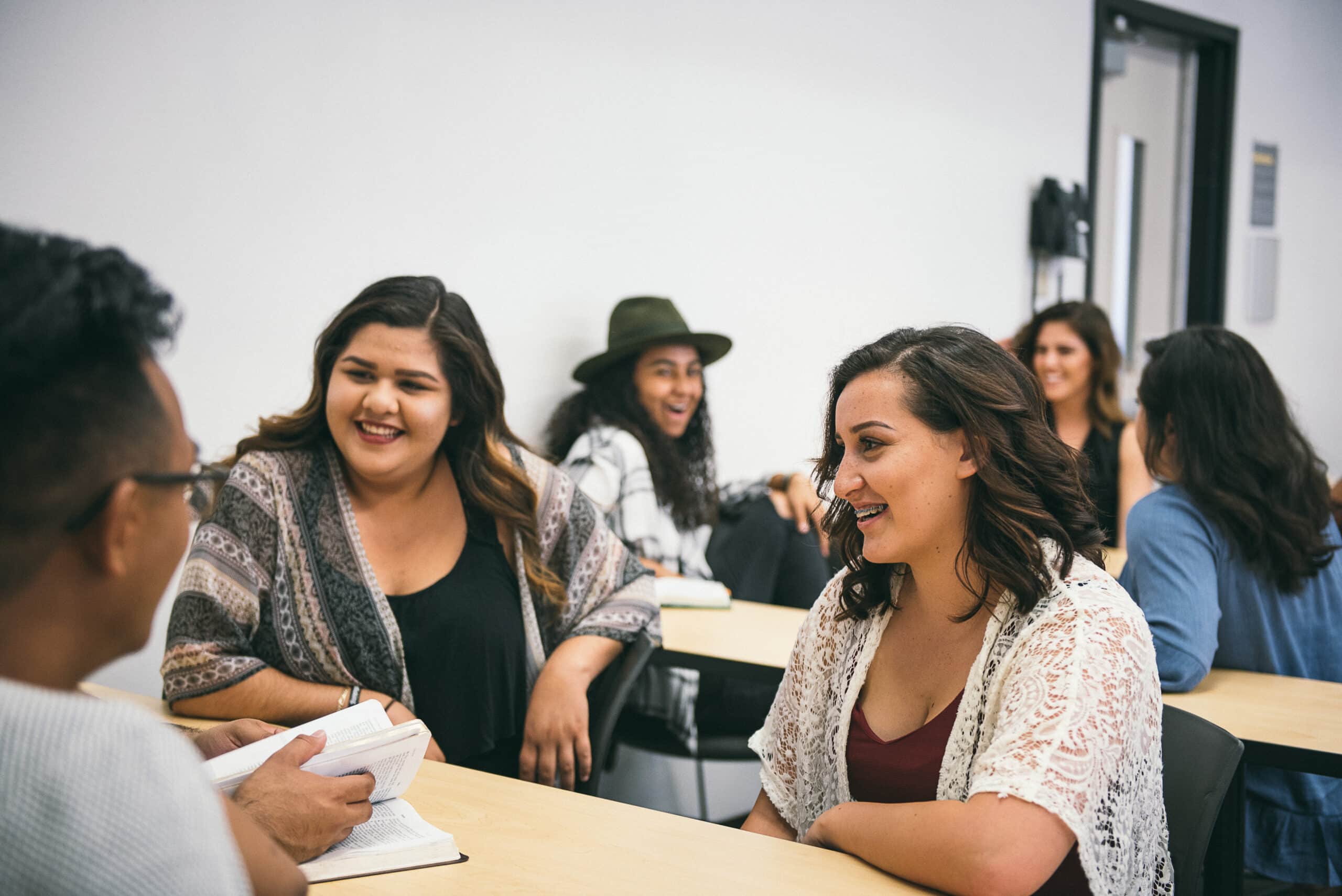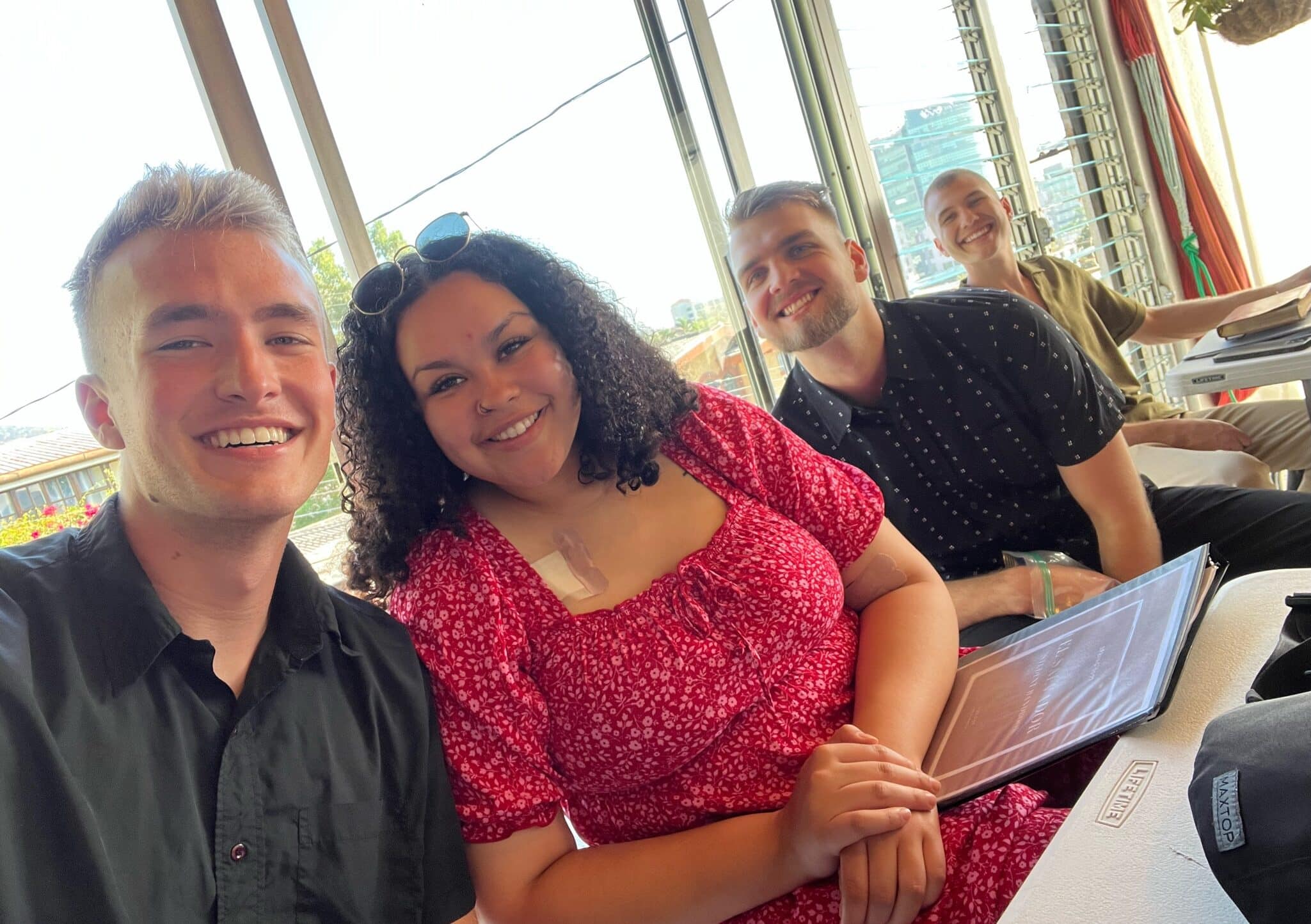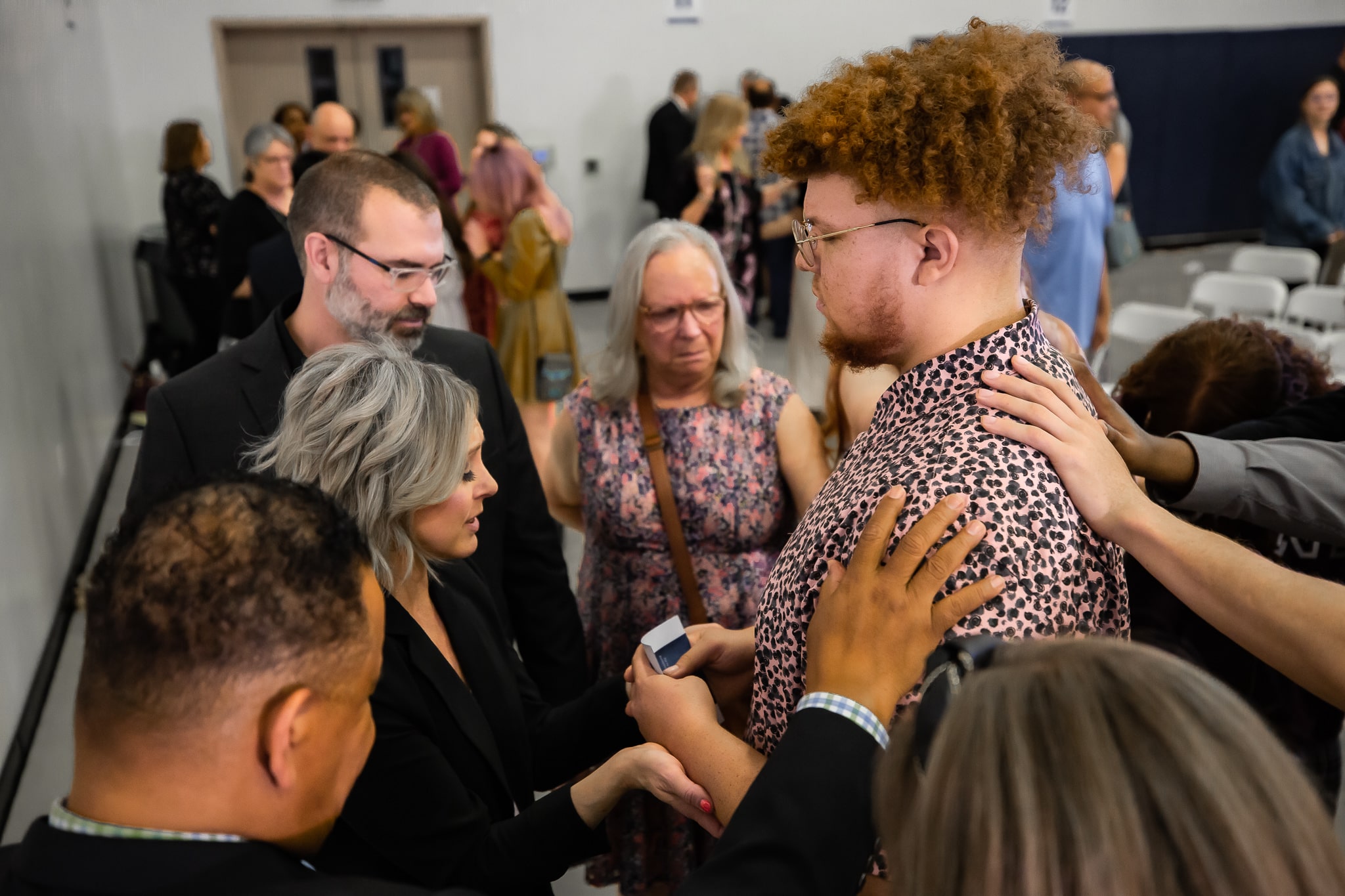
Diversity & Reconciliation
The Office of Diversity and Reconciliation seeks to embody the Gospel’s truth in a way that reflects both God’s image and His reconciliation. Rooted in Scripture and driven by the redemptive work of Jesus Christ, our mission is to educate, engage, and develop a community that pursues justice, loves neighbors as ourselves, and bears witness to the beauty of unity amid diversity. Through cultural education, relational involvement, and holistic growth, we strive to disciple individuals who challenge injustice, seek healing, and embody the kingdom of God in every area of life.
Multi-Ethnic Student Organization (MSO)
The Multi-Ethnic Student Organization (MSO) exists to support the mission of the Office of Diversity and Reconciliation by cultivating a Christ-centered, Spirit-filled student community that reflects the image of God and embraces gospel-shaped reconciliation. Rooted in Scripture and inspired by the redemptive work of Jesus Christ, MSO educates, engages, and empowers students to value their cultural identities, honor the experiences of others, and embody the unity, justice, and love of the Kingdom of God on campus and beyond.

Quick Links
Gospel Focused Diversity, Justice, and Belonging
A Gospel-focused approach to diversity, justice, and belonging centers on allowing Christ to reign in every dimension of our lives, and reconciling people to God and each other. Diversity is celebrated, and differences are repaired by the Holy Spirit. This approach fosters Christ-centered unity that serves as the foundation for all efforts towards diversity, justice, and belonging.
Disciple-Making
True spiritual formation involves the transformation of heart, mind, and community. Following Jesus means confronting personal and systemic sin—including racism, bigotry, and classism—and being shaped into His likeness. As disciples, we are called to pursue justice, walk in humility, and extend mercy to others:
“He has told you, O man, what is good; and what does the Lord require of you but to do justice, and to love kindness, and to walk humbly with your God?” — Micah 6:8 (ESV)
“Blessed are the peacemakers, for they shall be called sons of God.” — Matthew 5:9 (ESV)
Discipleship means living out reconciliation daily—through relationships, repentance, and redemptive action.
Mission-Engaged
Our work is part of God’s broader mission to renew and restore all things through Christ. We seek to heal what is broken, defend the marginalized, and embody the hope of the Kingdom of God in our society. Diversity and reconciliation are not political projects—they are Kingdom imperatives:
“The Spirit of the Lord is upon me… he has anointed me to proclaim good news to the poor… to set at liberty those who are oppressed…” — Luke 4:18 (ESV)
“Let justice roll down like waters, and righteousness like an ever-flowing stream.” — Amos 5:24 (ESV)
We envision a community that not only reflects the multi-ethnic body of Christ (Revelation 7:9) but also advances His mission of truth, love, and justice in every corner of campus and beyond.
People of color make up:
60%
of our student body
46%
of our staff
50%
of our full-time faculty
Combatting Cultural Sins
Racism, ethnocentrism, and partiality are sins contrary to our Christian values and worldview. And we believe that connection, education, and transformation of one’s heart through the gospel are the tools to fight back against those sins. At LPU, we offer a three-fold approach to helping students develop that cultural competency:

Cultural Education
Lectures, panels, book clubs, and field trips that give students the experiential knowledge to understand the history, practices, and infrastructure of various cultures

Cultural Engagement
Social programs, including music and arts performances, entertainment, and other multi-ethnic social festivals and gatherings

Cultural Development
Discipleship, mentorship, coaching, and professional development that empowers students to develop holistically, understand, and connect to a variety of cultures and communities.
Code of Conduct
Together, we live, learn, and labor in love for inclusion, justice, and reconciliation.
Our community – in service of God’s plan of redemption for all creation – is guided by our code of conduct:

Office of Student LIFE
Office Hours: 8am-5pm PT (Monday – Friday)
Staff: Dr. Marcus Robinson, Dean of Students & Director of Diversity and Reconciliation
Call or Text: (909) 599-5433 ext. 424
Email: mrobinson@lifepacific.edu